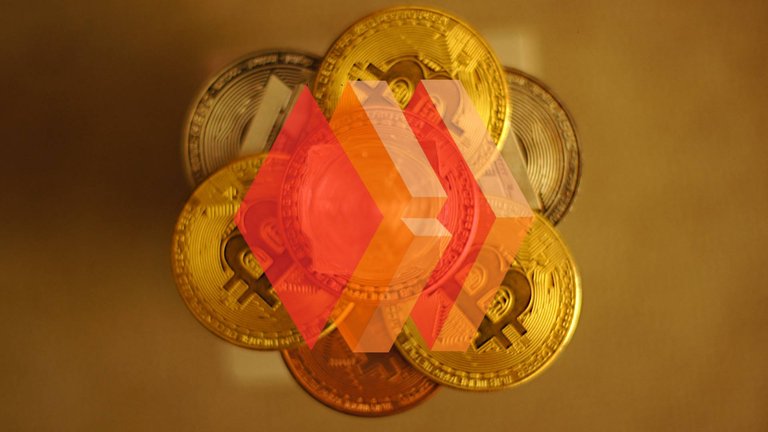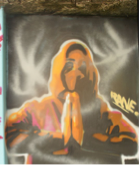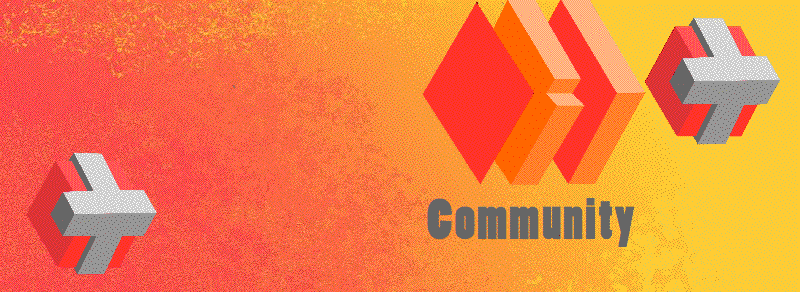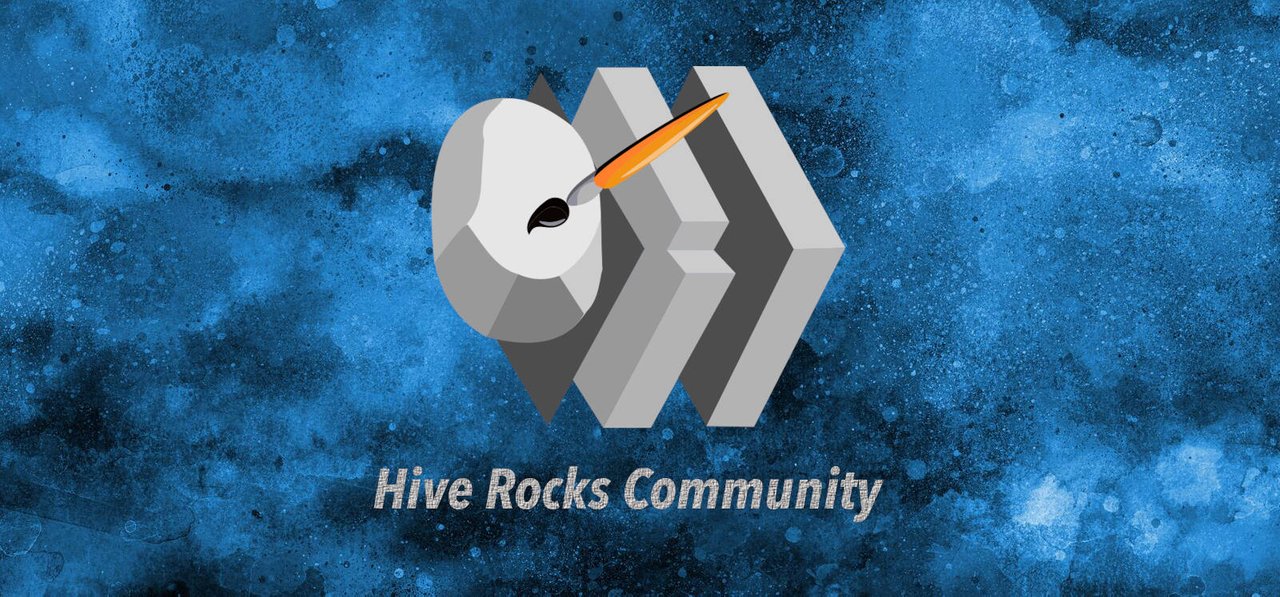
Remix
Introduction
I’ve been around this block for a while (7 years), and honestly, there’s nowhere else I’d rather be blogging. Why? Because this place is packed with exceptional people who get what it means to challenge the status quo and who know how much it means to appreciate original conent. And yeah, I might be sticking my neck out here, risking a little “slash and silencing” from the moderators. Maybe I will be burned at the stake for heresy like Giordano or maybe they would let me live like Assange because I'd become a legend. But hey, someone’s got to talk about the elephant—or should I say, the whale—in the room.
So let’s dive in, and if I make a splash, it’s only because this topic is too important to ignore.
The Hive Mind: Power, Proof, and the Social Class System of DPoS
Let’s talk about the system—no, not that system, but the one powering blockchains like Hive, with Delegated Proof of Stake (DPoS). First off, a huge thanks to the Hive community. You’ve been generous beyond belief, and I’m grateful to be part of this network. People in glass houses don’t throw stones, right? But, as a responsible observer of decentralized systems, let’s also pull back the curtains a bit to see what makes DPoS tick and why the “glass” could sometimes be clearer.
Consensus Mechanisms 101: DPoS vs. Leader-Based Systems
Consensus mechanisms are what keep blockchains humming. They’re the magical code that tells everyone what’s true on the network and what’s not. Proof of Work (think Bitcoin) makes us play a computing-intensive game to keep the chain secure. DPoS, however, takes a different route—it lets users delegate their “stakes” to trusted network participants, who then validate transactions. The idea? Faster, leaner, more eco-friendly.
Leader-based consensus systems, like Tendermint, streamline this by designating a “leader” at any given time, which boosts transaction speeds. It’s a game of “follow the leader,” but every so often, the leader changes, keeping things fresh and fair (in theory).
When DPoS Becomes a Social Class System
DPoS assigns validation roles to select players, based on the stakes delegated to them. But here's where it gets interesting. The highest stakers—those wielding the most voting power—often call the shots, creating a blockchain version of a social class system. The problem? If left unchecked, DPoS can become a playground for nepotism. Stakeholders may form alliances, voting power gets concentrated, and before you know it, you’re dealing with the same old issues of influence and control.
Enter the “randomized, decentralized voting system,” a persuading idea where influence is capped, making it harder for the top players to dominate. This approach would shake up DPoS as we know it, adding a layer of fairness that prevents “old money” voting hierarchies from dominating. Every voice matters, and it’s much harder for a clique to form.
But hey, We're a Community, Aren't we?
Voters, Validators, and the Whole Hive Ensemble
On Hive, this DPoS model has three main actors: voters, validators (often called witnesses), and delegates. Here’s how it works:
Voters: Everyday users who stake their tokens to vote for witnesses.
Witnesses (Validators): These are the delegates elected by voters to validate transactions and keep the network secure.
Delegates: The ones who get the authority to sign off on blocks, representing voters’ interests.
In theory, this structure should keep things fair—voters stake their coins, choose their witnesses, and the whole system runs like clockwork. But as with all power structures, the risk of concentration is real. And that’s why a cap on influence could change the game entirely.
The Future? Randomized Voting & Capped Influence
Imagine a world where influence isn’t directly tied to stake. Randomized, capped voting would dilute any centralization, making a true democracy on the blockchain possible. Everyone would have a voice, but no one would be able to shout louder than anyone else.
If we can refine DPoS with systems like these, maybe, just maybe, we’ll build networks that reflect the power of decentralization. Until then, here’s to the Hive, the innovators, and to the glass houses—may they be transparent enough for us to see what’s coming next.
Conculusion
As we all know, some of the biggest whales delegate their power—and we know exactly who it goes to. The best part of Hive is seeing so many of us keep up the good vibes, helping each other out, and showing what this platform can truly be. I’ve watched incredible projects get funded, from building fountains in Ghana to grassroots efforts supported by large accounts that don’t hesitate to lend a hand to those less privileged. A simple $2-3 upvote can mean the world to someone trying to make a difference.
But let’s be honest, not everyone plays it fair. Some wield their power to moderate with a heavy hand, toeing the line of censorship on a platform meant to resist exactly that. It’s a strange sight in a place that claims to be censorship-resistant, isn’t it? So what’s your take? Are we here to truly support each other, or are we watching decentralized ideals turn into just another hierarchy?


Vanishing Dong Chang 东厂aka Rane

"I haven’t written much lately, knowing that soon the treasures of my words will vanish, swallowed by the limitless memory of large language models. These machines will soon hold nearly all of humanity’s knowledge, ready to echo and reframe it with uncanny precision. In time, even my greatest poems and musings may only be fleeting whispers—observed, absorbed, and improved upon by algorithms that see no limit to creation, nor to the past or future from which they draw" -@yangyangje

Feel free to tip Wallets for support:



Delegate to the Mind Force Gathering @mind.force and support more than artist on the hive blockchain.

Supporter of the Lotus Community

Join the Herbal Hive Community

Admin at the Hive Rocks Community

This is an excellent post. I do wish that those, like myself, who actually want to help those on Hive to become free had the ability to generate enough Hive to not only pay our bills, but to help free others from the 9-5 grind.
Instead there are groups who wish to do as much harm as possible under the guise of "protecting the blockchain" when in fact they are big on censorship and have even stated to me their goal was to raid as much of the prize pool as possible.
Very toxic people.
Maybe one day I will do an exposé on those behind the scenes at Splinterlands for the cult that it is.
But for now I've said too much.
...cause money is the power, and power rules... power also corrupts > and more power, absolute power - in time corrupts absolutely.
would love to see your (virtual.. just give freedom to your imagination and consideration!) suggestions how this blockchain could be improved? what the key features could be implemented?
!BEER and cheers
@qwerrie Glad to get your reply :)
Absolutely—power does seem to gravitate toward those with deeper pockets. And while Hive is a stellar example of positive actors driving the community forward, it’s clear that not everyone resists the pull of influence. For improvements, one area worth exploring is the Hive sidechain (Hive Engine). Uncapping it from general stake would allow quality content creators to earn more directly based on merit, reducing the weight of large stakeholders on reward allocation. It could then be more content focused. This could help balance the scales and motivate genuine contributions over influence-driven payouts.
When it comes to moderation, we’ve all seen the pitfalls of overzealous admins turning communities into mini-police states, removing posts and “keeping order.” Sure, strict moderators might just be playing the role they were chosen for, but rigid rules can quickly stifle creativity. We want a space that champions freedom of expression—not one that feels like a classroom with assigned seats.
In the long run, a community built on genuine collaboration and creativity will naturally weed out the power-hungry, replacing them with voices who are here to support, uplift, and add real value.
your words shine, they seem to be cast in gold. I would dare to add my 2 cents - Hive could use more diligent and effective marketing / advertising efforts than we have now.
View or trade
BEER.Hey @yangyanje, here is a little bit of
BEERfrom @qwerrie for you. Enjoy it!Learn how to earn FREE BEER each day by staking your
BEER.Bhai, If you zoom out and go for the bird eye view of the system. You will find it to be an exact copy of the Indian Political System. Not something that anyone or anything wants to be compared with. With many parties trying to bring in voters and forming the governing bodies for the ecosystem that's HIVE don't you think?
Hey Bhai, interesting comparison! But if we zoom out even further, this isn't just about resembling any one political system—it's about influence and the balance of power everywhere. Hive is a fascinating experiment in decentralized democracy, but it's true that DPoS can sometimes look like a microcosm of real-world systems. If governance means dealing with influence, fair play, and community-driven principles, then Hive is definitely trying to carve out a better version. Have you read my last post on “Tax Bitcoin”? It dives into the fiscal implications of decentralized finance and might give more context to where I'm coming from.
Now, let’s address the elephant in the room. Politics everywhere has its flaws, from nepotism in parliaments to lobbyists swaying policies, and central banks leaning into fractional reserve banking systems. But Hive, thankfully, operates differently. Sure, a bit of influence will always exist, but Hive gives every contributor a real stake in building a system less prone to censorship and control.
I see DPoS as our community’s chance to do things right—depending on the people involved to uphold fair principles and push out any bad actors. Imagine a world where influence isn’t solely tied to stake: a randomized, capped voting system could ensure everyone has a voice without anyone monopolizing it. If Hive can refine DPoS with these sorts of mechanisms, we’ll have something that not only avoids centralization but actively resists it.
In the end, I wasn’t saying Hive is perfect, but I’m here precisely because its strengths far outweigh its minor flaws. Decentralized systems like this thrive on a bit of critical thought, and with some tweaks, I believe Hive can serve as an inspiring blueprint for decentralized governance.
I missed the post will make sure to check that out, Maybe will have more context to discuss.
As long as there is the concept of voting exists there is a chance that it will get misused. I am not if 100% fair elections exist. 😂
Hive does shows promise in certain field. But I think Hive had been actively avoiding the real world problems and scenario. I don't usually see posts related to religions, political views and ongoing conflicts. Further more the most unreal but important aspect is anonymity offered by Hive. I am yet to see a anonymous person having impact on the world. Because the nature of the society is such, if you are doing something beneficial to the society or the community the first thing you get asked is your identity.
I may be deviating from the topic a little bit but this is something I wanted to discuss.